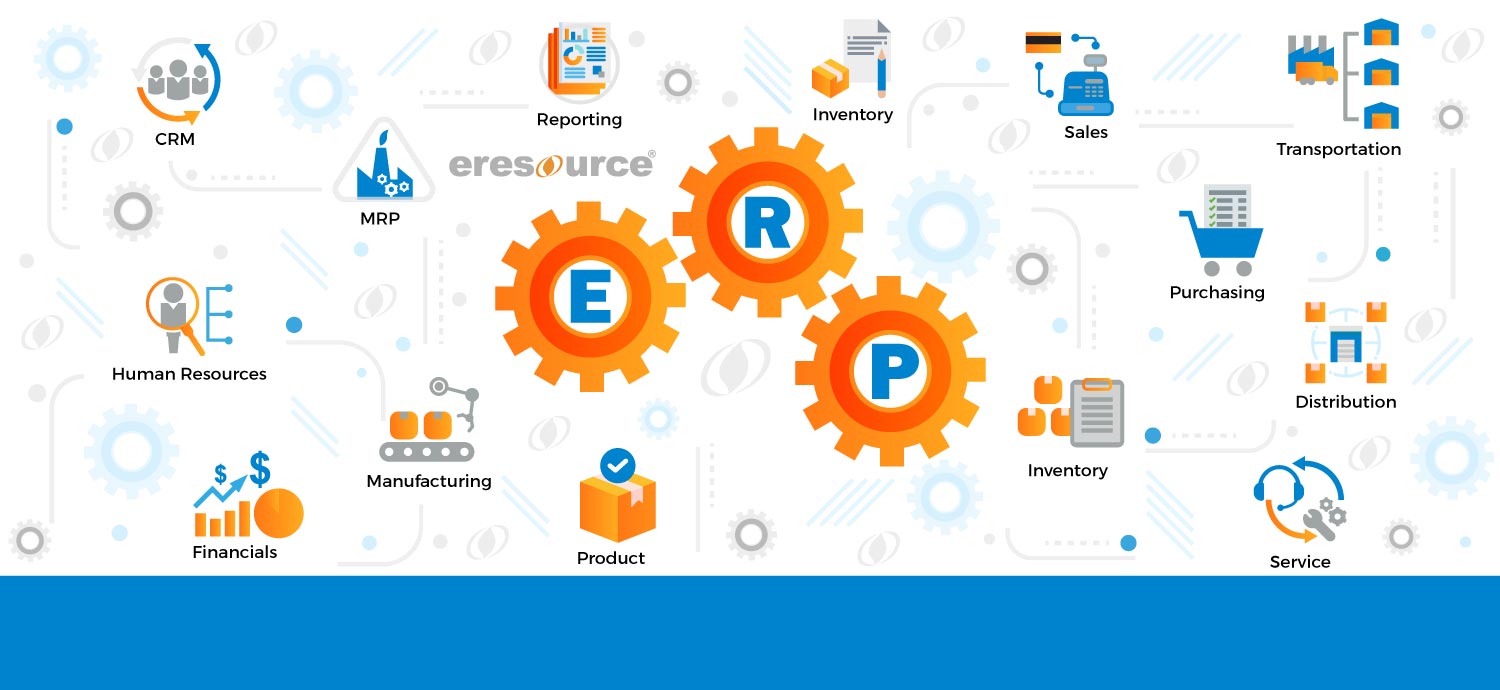Customer loyalty has a powerful effect on the business bottom line. The dramatic economic power of customer retention is revealed when customers are viewed in terms of lifetime value. The value of retaining customers makes perfect business sense when one considers that a consumer retained for life is more cost-effective, requires less service, provides more business and contributes to new customer acquisition by offering positive referrals.
For the average business, studies indicate that repeat customers account for 70 per cent of total revenues. Thus, customer retention, creating longitudinal investment in customers, guarantees significant current and future economic benefit.
ERP integration enables businesses to better comprehend and thereby, better serve customers with each and every interaction. The ERP integration is not an easy task. The good news is that there are a growing number of solutions available. Before adopting a course of action there are a few common rules to follow. Firstly, make sure you understand the problem before you undertake the solution. ERP integration is a corporate-level problem requiring a corporate level strategy.
Also Read – ERP for civil engineering its role and benefits
Enterprises must consider the use of an ERP as an obligation instead of an option in order to be competitive. With old systems the information that comes from daily activities are difficult to handle. This will ultimately affect the relation the company has with its customers. Customer satisfaction is the most important element of a successful business and ERP plays an important role in fulfilling this commitment.
Everybody knows that communication improves relationship. Therefore it is important to understand that ERP can bring data from one area to another without any extra effort, and with almost no chance of mistakes. In addition to this, the information becomes available in real time. Therefore, by the time an order is entered, it can be prepared and invoiced at the same time. This helps a lot with customers as they always expect a quick response.
Organizations implementing ERP applications have to explore the areas of integrating these applications to the other enterprise applications. What approach to take will depend on the need for integration. Diverse tools and methods available in the market are evaluated and tested professionally before implementation. Organizations have to adopt very cautious approach while selecting these tools and methods to keep their leadership in the market.
In small organizations every department has its own needs, and they ask technical department to provide software capable of matching them. Sometimes this is provided from the outside through vendors, and it might not even exist. This is a common mistake happening with many small and mid-sized organizations. For an effective business process and customer relation management, it is necessary to have an efficient ERP system deployed in the organization and it must be done professionally to achieve the expected result in the terms of functional, technical and economical.
Also Read – How ERP system useful in pharmaceutical manufacturing industry?
Categories
Register for Free Demo!
Recent Post
-

eresource ERP 360 - an
11th Apr 2019 -

A competitive ERP system for
17th Apr 2019 -

Auto components manufacturing industry has
17th Apr 2019 -

Make the best use of
17th Apr 2019







